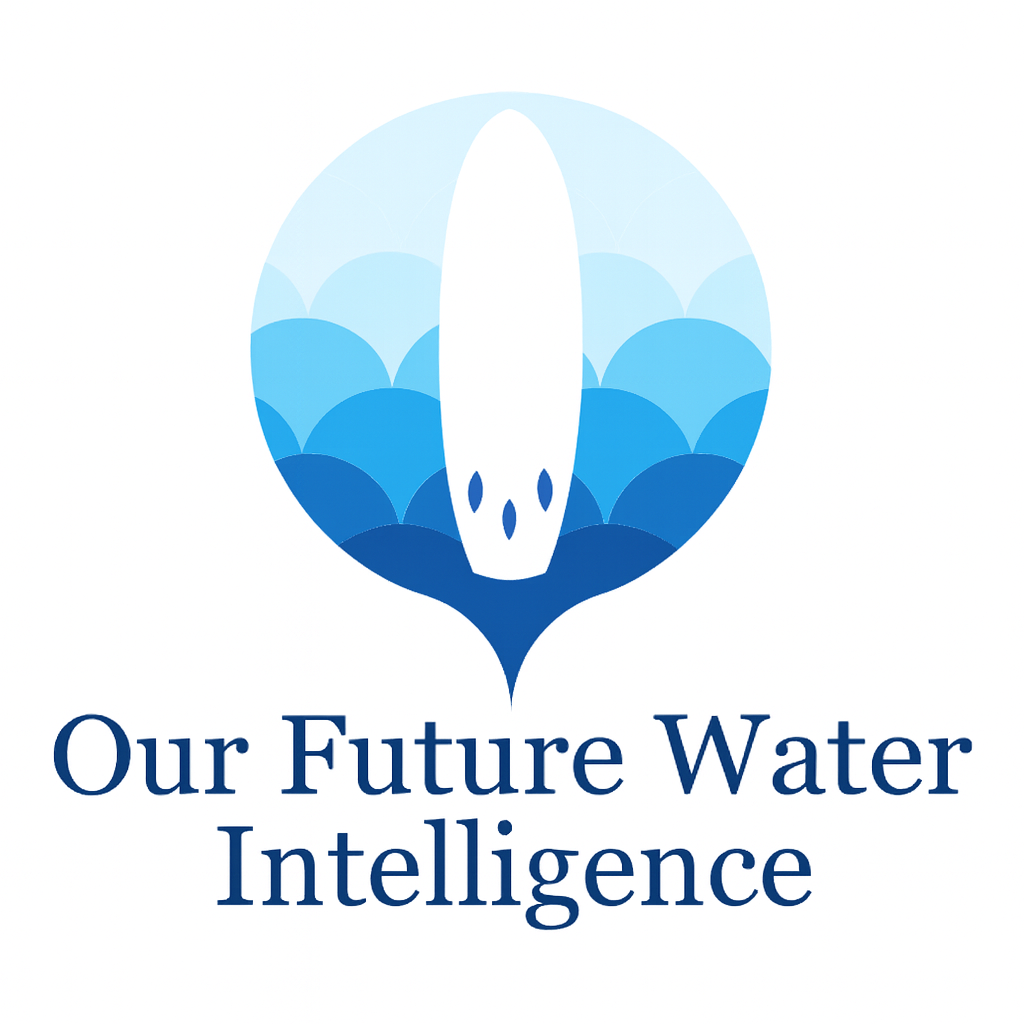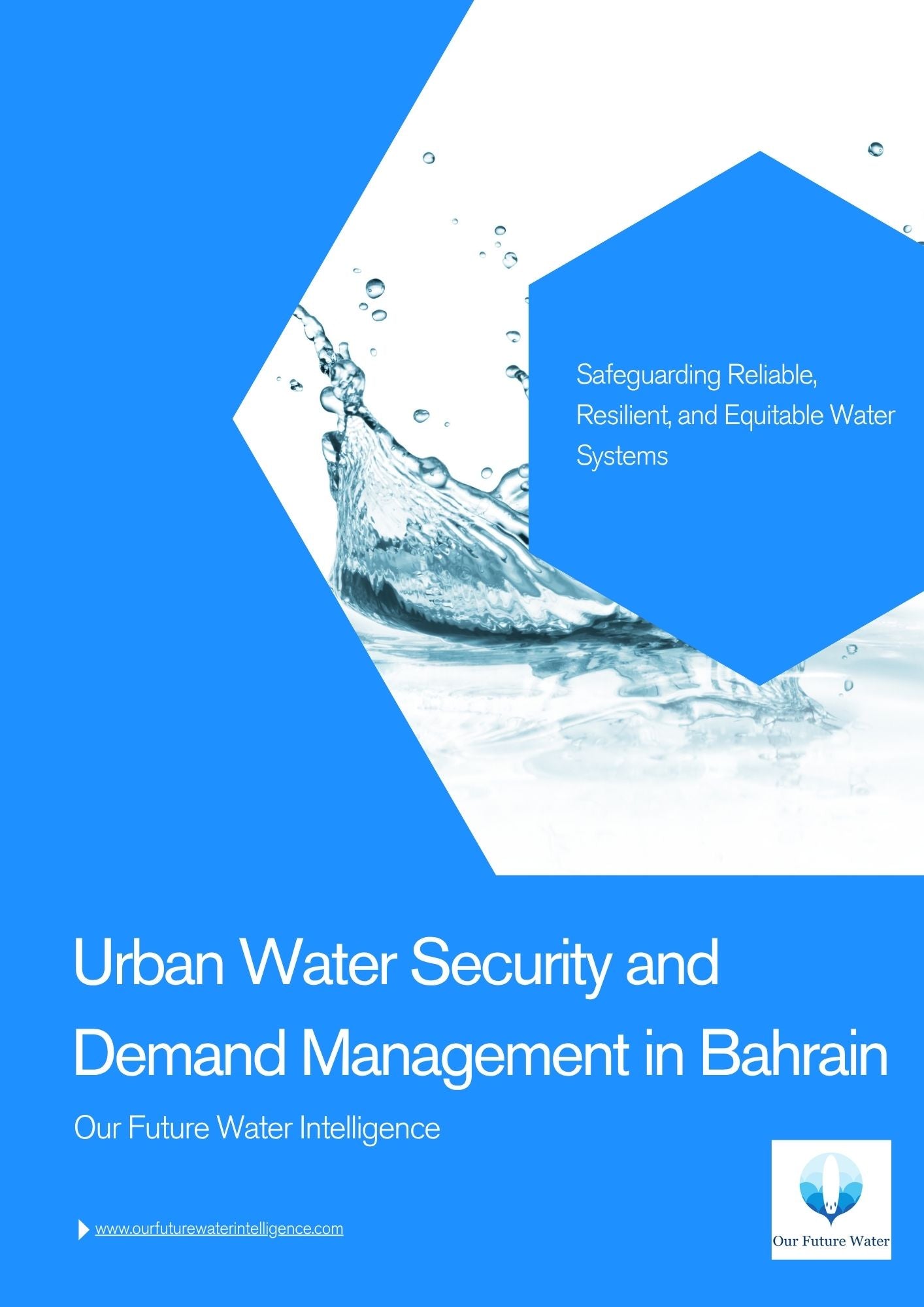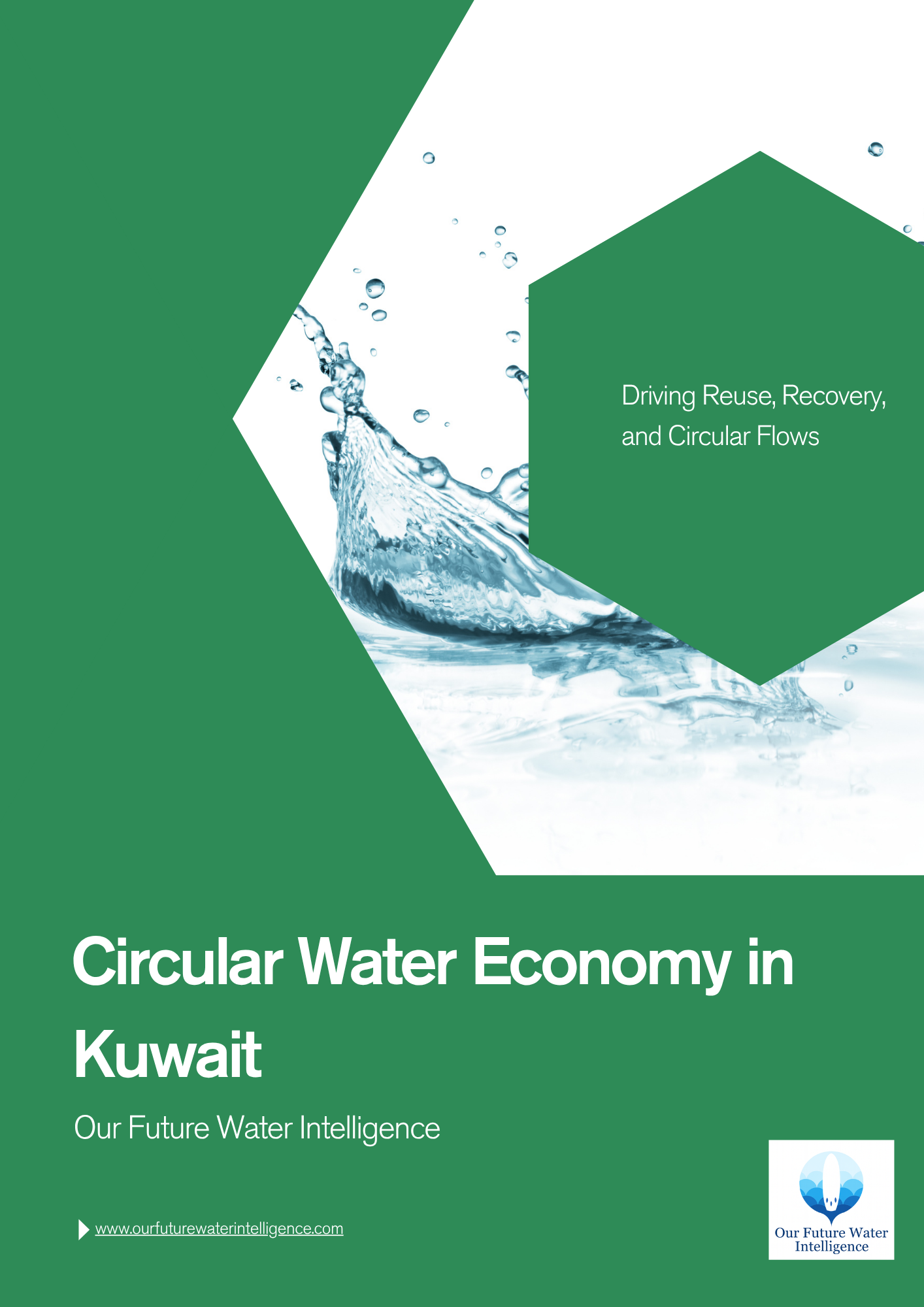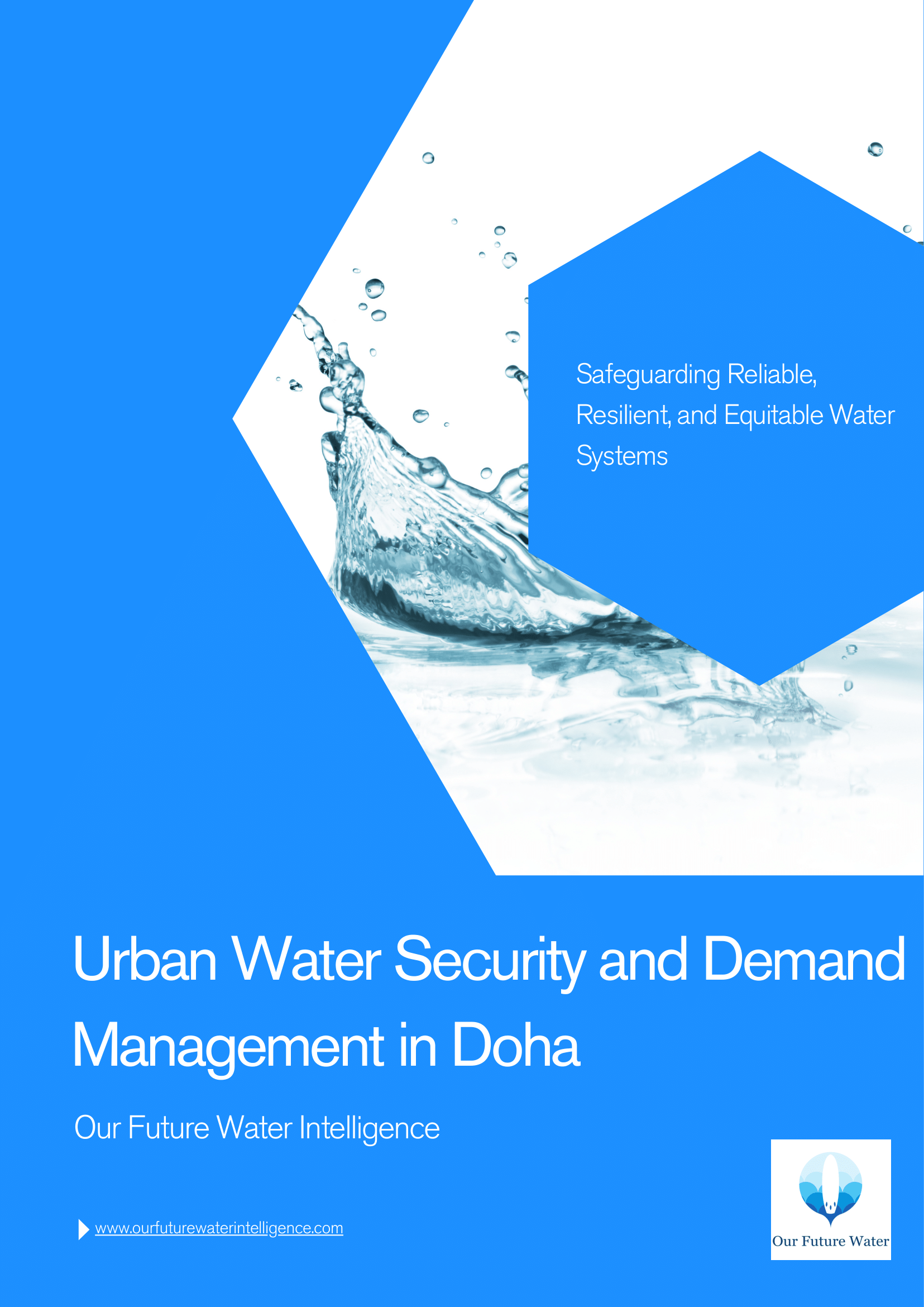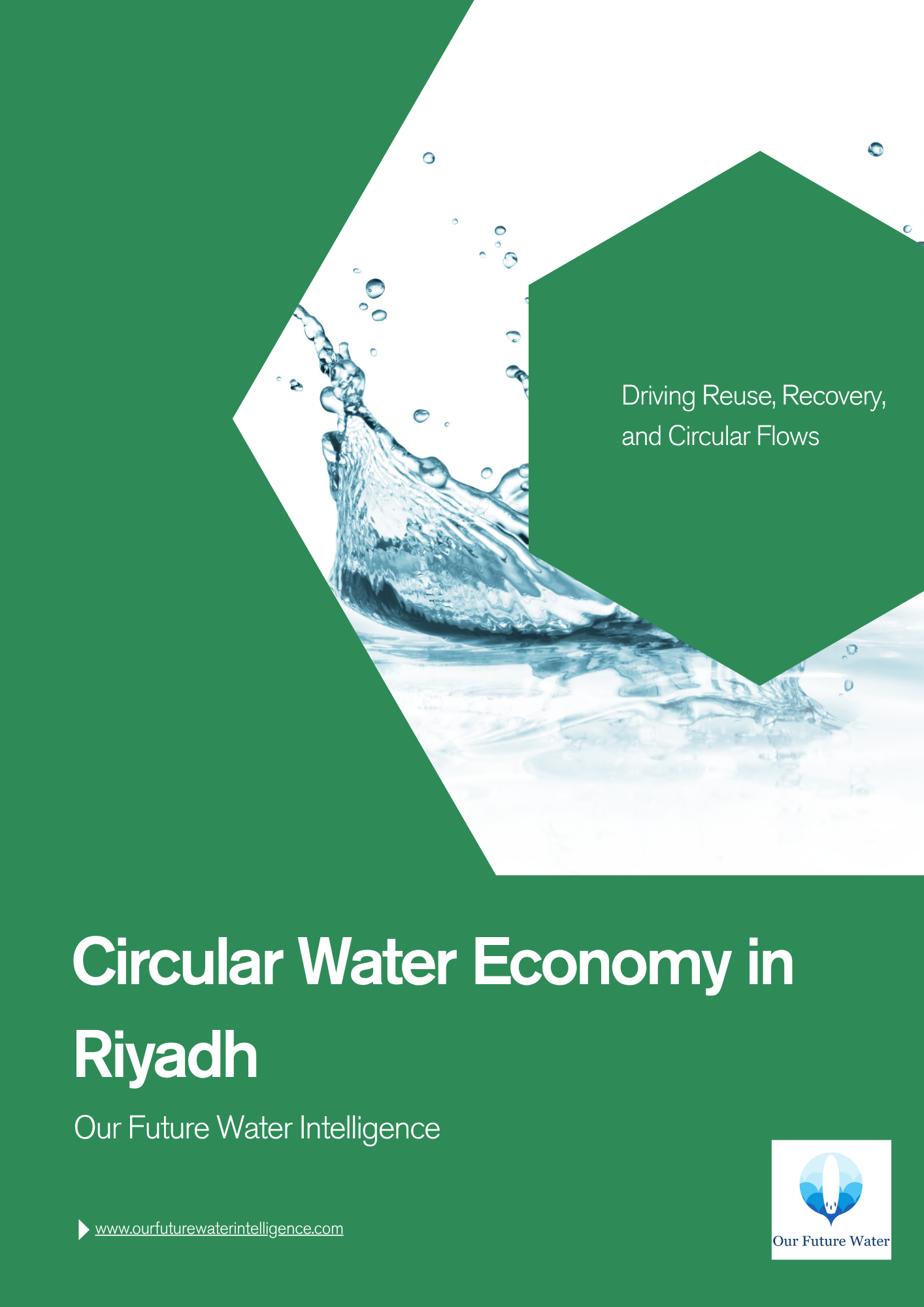Urban Water Security and Demand Management in Bahrain | Advancing Resilient, Efficient, and Low-Carbon Urban Water Systems
Urban Water Security and Demand Management in Bahrain delivers a comprehensive and data-driven assessment of how the Kingdom is safeguarding its urban water future amid complete reliance on desalination and mounting climate pressures. The report analyzes Bahrain’s transition from supply augmentation to a demand management paradigm—anchored in governance reforms, technological modernization, and public awareness initiatives—aligned with the National Water Strategy 2030 and the GCC Unified Water Strategy (2016–2035).
Key Insights
Desalination Dependency and Strategic Reserves
Bahrain, a Small Island Developing State (SIDS), relies entirely on desalinated seawater for municipal supply and has preserved its overexploited aquifer strictly as an emergency reserve since 2020, ensuring long-term security against drought and contamination risks.
Demand Management Leadership
The Electricity and Water Authority (EWA) and the Water Resources Council (WRC) are implementing an integrated approach combining regulatory, technological, and behavioral instruments to curb excessive consumption, enhance system efficiency, and institutionalize conservation across sectors.
Smart Metering and Leak Reduction
Nationwide deployment of over 102,500 smart meters supports advanced leak detection programs—61% of inspected premises were found leaking in 2022. Continuous monitoring and predictive analytics are helping reduce Non-Revenue Water (NRW) and improve accountability across Bahrain’s urban water network.
Tariff and Subsidy Reforms
Ongoing tariff restructuring and subsidy reforms are transitioning Bahrain toward cost-reflective pricing, addressing the challenge of covering only 20% of supply costs while safeguarding social equity and promoting responsible consumption.
Green Climate Fund Initiatives
GCF-supported programs are financing large-scale deployment of water-saving technologies across homes, public institutions, and agricultural operations, improving efficiency by up to 40% and advancing Bahrain’s climate resilience agenda.
Circular and Digital Water Management
Bahrain is advancing toward a Circular Water Economy (CWE) through reuse, recycling, and digital integration. The Water Resources Database and GIS-enabled planning systems provide real-time visibility and enhance coordination across water and environmental agencies.
Climate Resilience and Infrastructure Security
The Kingdom’s 679 MIG national storage capacity, sustainable stormwater infrastructure, and energy-efficiency initiatives are mitigating the high carbon intensity of desalination—projected at 78 million tons of CO₂ by 2030—while strengthening national water resilience.
Designed for policymakers, utilities, investors, and consultants, Urban Water Security and Demand Management in Bahrain provides authoritative intelligence on achieving resilient, efficient, and low-carbon water systems in one of the world’s most water-scarce nations—offering practical guidance for sustainable urban water management across the GCC and beyond.
